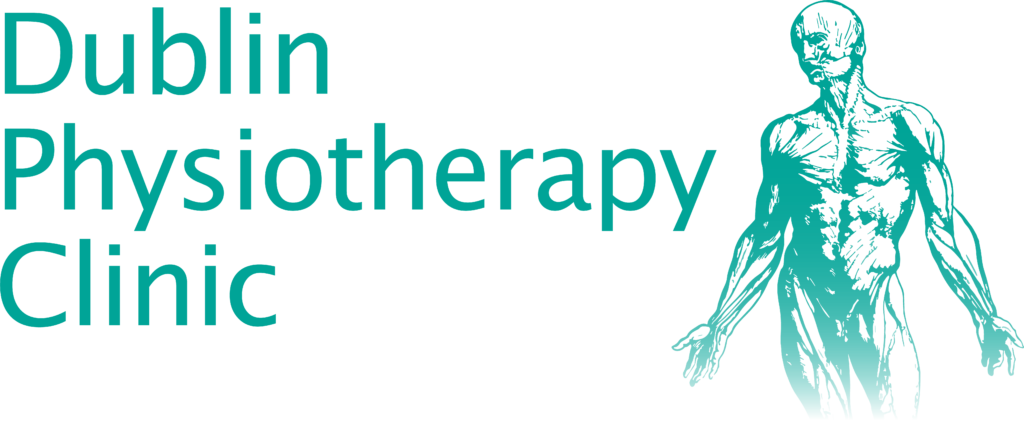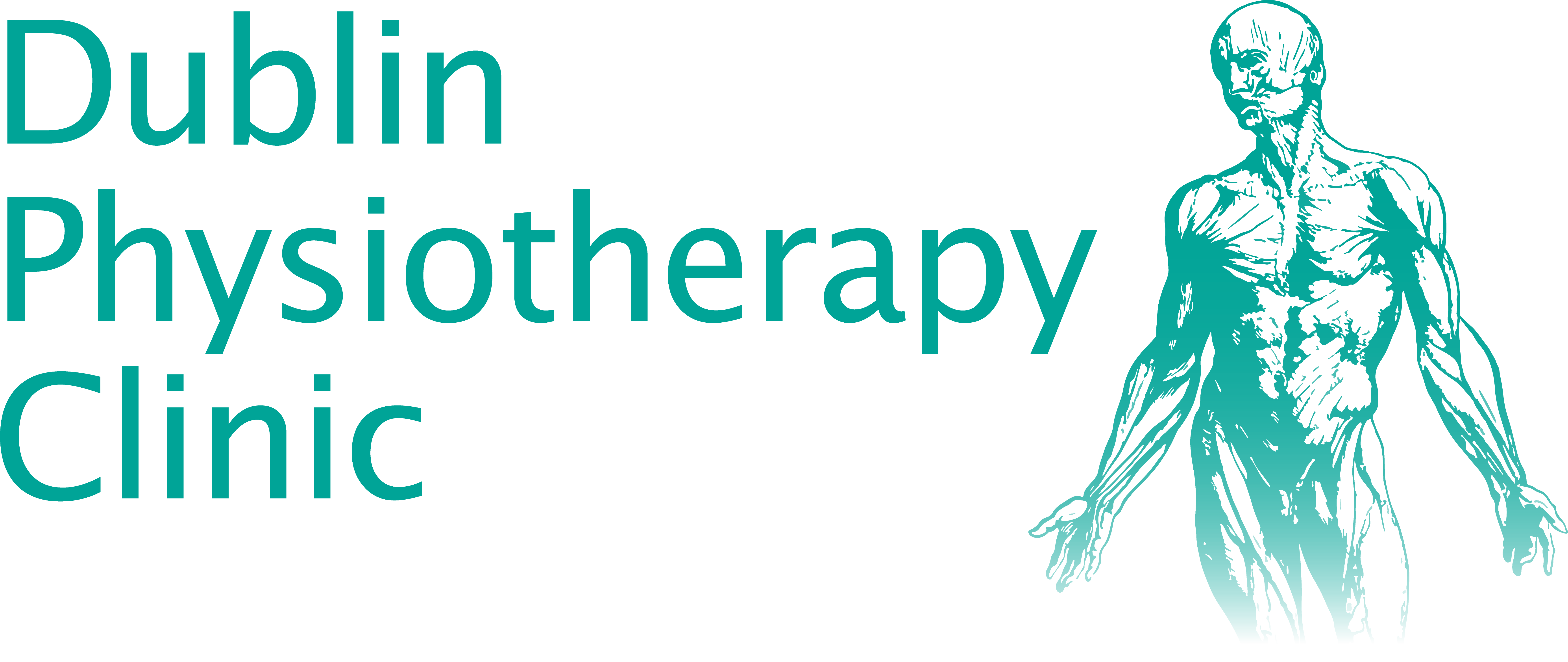Repetitive strain injury | RSI
Repetitive strain injury (RSI) is a controversial topic not because it doesn’t exist but because it is hard to diagnose with the existing technologies we have. Firstly, the name repetitive strain injury describes the mechanism of how an injury occurs but doesn’t give any information regarding what structures are actually painful.
In reality repetitive strain injury may involve:
- Muscle
- Joint
- Nerve irritation
- Combinations of the above.

The severity of pain and limitation of function is related to:
- The types of tissues that are irritated
- The duration for which the irritation has occurred
- The size of the painful area
- The location of pain
In the majority of cases X-ray, MRI and nerve conduction studies do not give extra (helpful) information about how to treat the problem or the nature of the underlying pain. This is difficult to understand because we normally expect to be able to see when something is broken, torn or ruptured to explain the pain we experience. Unfortunately only some pains behave in this way and more commonly in chronic pain situations these kinds of tests are not of great help to us clinically.
The first priority with repetitive strain is to identify what structures are involved and which tissues are producing the majority of symptoms. Once that is determined a treatment plan can be devised to reduce the sensitivity in the irritated structures. Depending on the severity of irritation, medication or pain management procedures e.g. nerve blocks maybe required together with controlling or removing exposure to the aggravating activities until the level of irritation has subsided.
Physiotherapy treatment involves:
- Soft tissue techniques – to remove sensitivity of sore tissues
- Mobilising and decompressing nerve tissue if it has become sensitive
- Treating areas of nerve entrapment, typically along the arm, in the wrist, elbow or front of shoulder as indicated
- Improving joint flexibility
- Improving postural muscle control of the neck and shoulder
- Improving postural muscle endurance
- Improving ergonomics, work station layout or job activities if they are contributing
- Commencing a general aerobic/cardiovascular exercise programme as poor general conditioning is frequently part of the history

These conditions are often slow to resolve and need a systematic and structured physiotherapy management (by an experienced physiotherapist) usually in close liaison with other members of the pain management team e.g. General Practitioners and Pain Specialists.
They usually require a specific plan to improve and don’t just go away if left alone.
JOIN OUR MAILING LIST
EMAIL:


